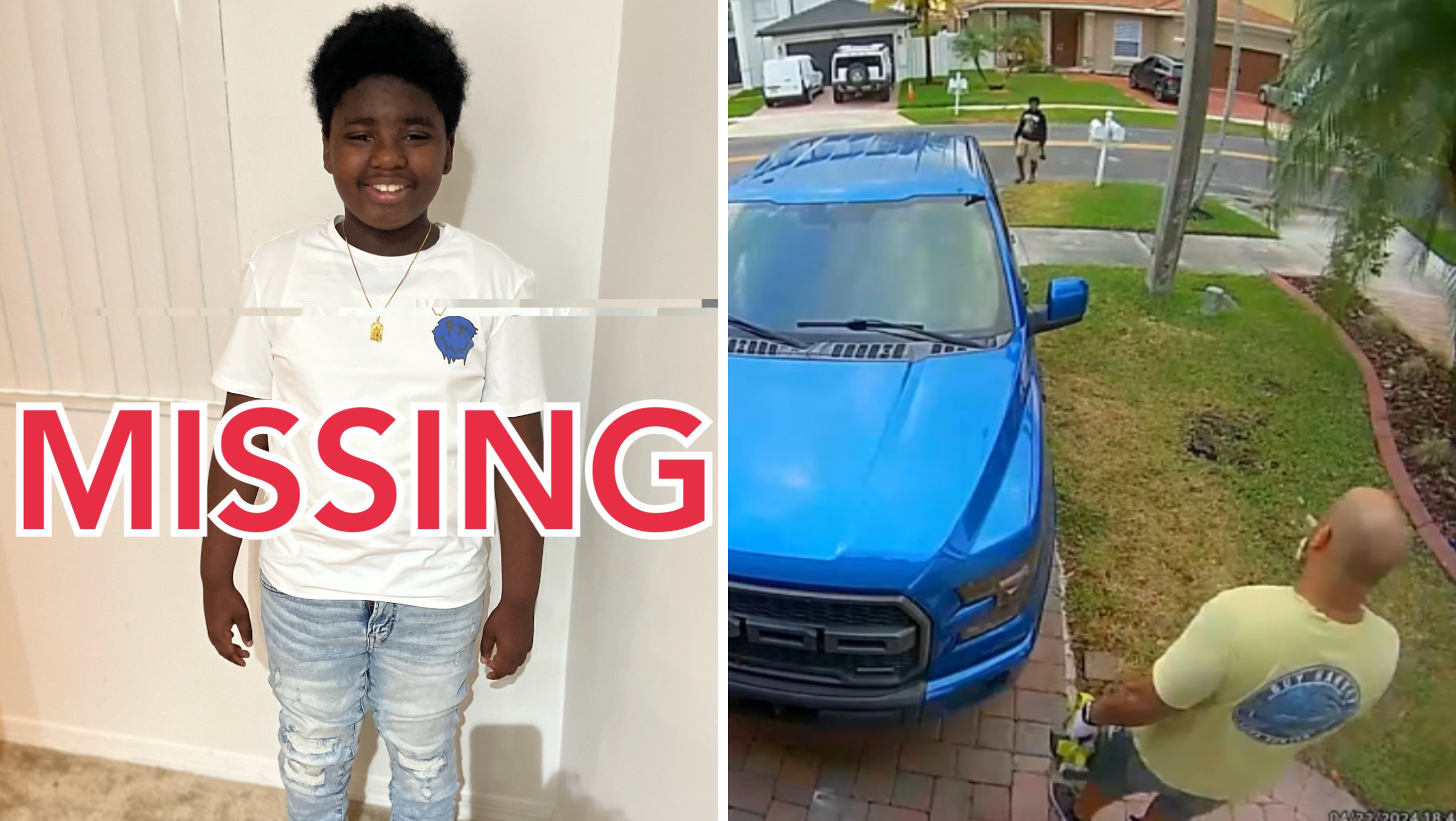Shortness of breath. Fatigue. Fever. No taste. No smell. We know how COVID-19 affects people infected right now, but what about long term?
While it’s still too early to say for sure, doctors have some clues.
Nearly 370,000 people have contracted the virus in Florida. For many people, they get better in just weeks, but what happens after some of the sickest patients leave the hospital?
"Unfortunately, we don’t know tons of long-term effects only because it hasn’t been around that long. Although, there are some studies coming out suggesting there are similar complications from COVID ARDS as we see in other times of ARDS which we do know a decent about that,” said UHealth ICU physician, Dr. Hayley Gershengorn.
So what does ARDS mean? Acute Respiratory Distress Syndrome. Dr. Hayley Gorshengorn works with the most critically ill COVID patients at the University of Miami Health System.
"We know in about 50% of ARDS survivors, they have some complications associated with physical functioning or lung problems even 6 months to a year after their illness," Dr. Gorshengorn said.
But, what about your heart?
Local
“So, for the heart, I think we see a lot of concern for inflammation in the heart,” said Dr. Gorshengorn. The University of Miami has even launched a COVID-19 Heart Program to learn more.
And your kidneys?
"Kidneys, unfortunately, are often hit with this disease," Gorshengorn said. "Many folks require dialysis even when they’re in the ICU and we hope those folks get better. We worry that a significant portion of those requiring dialysis in the hospital will need to continue with dialysis once they leave."
Dr. Gorshengorn added that the gastrointestinal tract seems to be less of a problem, but people do present problems like diarrhea, lack of appetite.
How about your brain?
"That’s the key one," Dr. Gorshengorn said. "Even without direct injury to the brain, we see that easily a quarter to a third of folks who survive an ICU hospitalization or sepsis or infection or ARDS can have psychiatric problems down the line, depression, anxiety, PTSD, and sometimes some cognitive disfunction."
COVID-19 is just too new to say if there is any permanent damage, but ICU doctors know this:
"We do see, unfortunately, young otherwise healthy people who find themselves not only in the hospital, but in the ICU. And, I personally have seen some of those folks not survive. So, I think the take home is nobody is safe from this," Dr. Gorshengorn said.
Doctors are not certain that the virus is a one-and-done disease. Doctors say they hope it is but aren’t certain how long lasting or complete immunity is.



